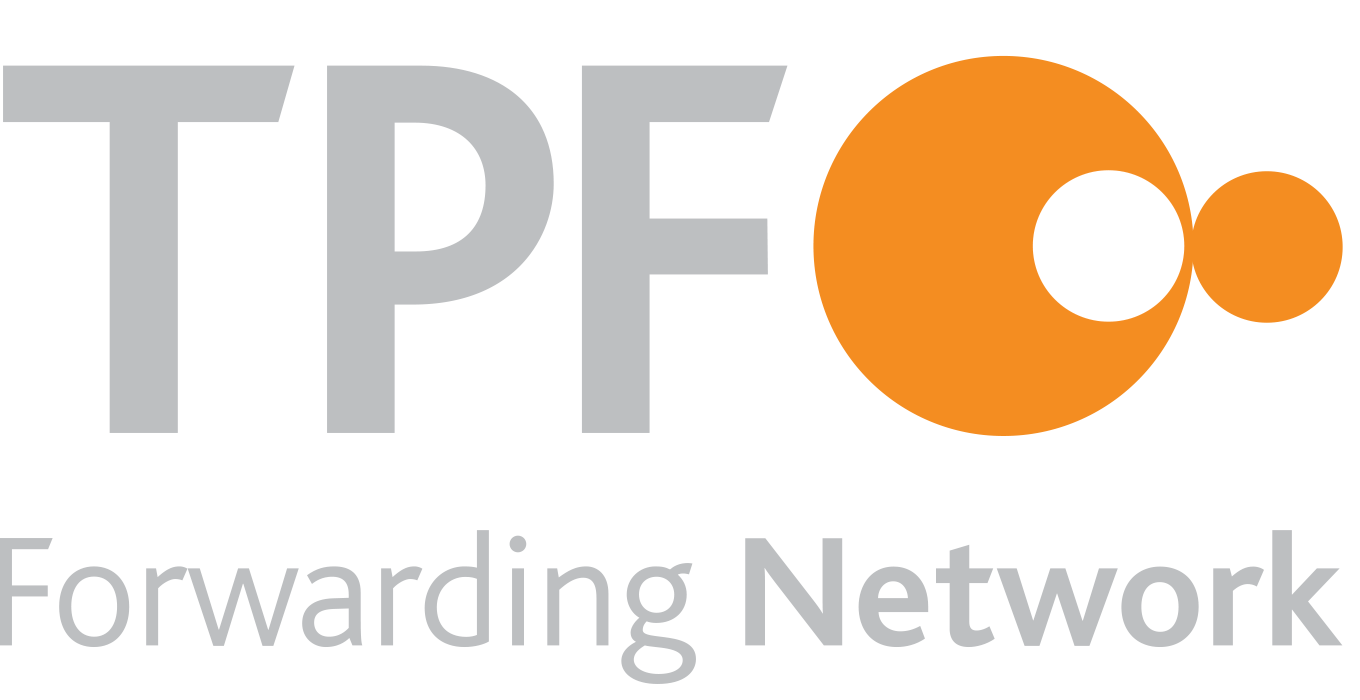Cookie policy
Access to this Website may involve the use of cookies. Cookies are small amounts of information stored in the browser used by each User —on the different devices they may use to browse— so that the server remembers certain information that later and only the server that implemented it will read. Cookies facilitate navigation, make it more user-friendly, and do not harm the navigation device.
Cookies are automatic procedures for collecting information regarding the preferences determined by the User during their visit to the Website in order to recognize them as a User and personalize their experience and the use of the Website. They can also help identify and resolve errors, for instance.
The information collected through cookies may include the date and time of visits to the Website, the pages viewed, the time spent on the Website, and the websites visited just before and after. However, no cookie allows for contact with the User’s phone number or any other means of personal contact. No cookie can extract information from the User’s hard drive or steal personal information. The only way for the User’s private information to be part of the Cookie file is if the user personally provides that information to the server.
First-Party Cookies
These are cookies sent to the User’s computer or device and managed exclusively by TPF Network to ensure the proper functioning of the Website. The information collected is used to improve the quality of the Website and its Content, as well as the User’s experience. These cookies allow recognizing the User as a recurring visitor to the Website and tailoring the content to offer them content that suits their preferences.
Third-Party Cookies
These are cookies used and managed by external entities that provide TPF Network with services requested by the same to improve the Website and the user’s experience while browsing the Website. The main purposes for which third-party cookies are used are obtaining access statistics and analyzing navigation information, i.e., how the User interacts with the Website.
The information obtained refers, for example, to the number of pages visited, the language, the location from where the User accesses (based on the IP address), the number of Users accessing the site, the frequency and recurrence of visits, the time of the visit, the browser used, the operator, or the type of device used for the visit. This information is used to improve the Website and to detect new needs to offer Users high-quality content and/or services. In any case, the information is collected anonymously and trend reports for the Website are generated without identifying individual users.
The entities in charge of providing cookies may transfer this information to third parties, whenever required by law or when a third party processes this information on behalf of such entities.
Social Media Cookies
TPF Network incorporates social media plugins, allowing access to them from the Website. For this reason, social media cookies may be stored in the User’s browser. The owners of these social networks have their own data protection and cookie policies, and they are responsible for their own files and their own privacy practices. The User should refer to them to learn about such cookies and, if applicable, the processing of their personal data. For information purposes only, here are the links where these privacy and/or cookie policies can be found:
- Facebook: https://www.facebook.com/policies/cookies/
- Twitter: https://twitter.com/es/privacy
- Instagram: https://help.instagram.com/1896641480634370?ref=ig
- YouTube: https://policies.google.com/privacy?hl=es-419&gl=mx
- Pinterest: https://policy.pinterest.com/es/privacy-policy
- LinkedIn: https://www.linkedin.com/legal/cookie-policy?trk=hp-cookies
- Disabling, Rejecting, and Deleting Cookies
The User can disable, reject, and delete cookies —in whole or in part— installed on their device through the browser settings (for example, Chrome, Firefox, Safari, Explorer). The procedures for rejecting and deleting cookies may differ from one internet browser to another. Consequently, the User should refer to the instructions provided by the internet browser they are using. In the event that the use of cookies is rejected —in whole or in part—, the User may continue to use the Website, although some features of it may be limited.

